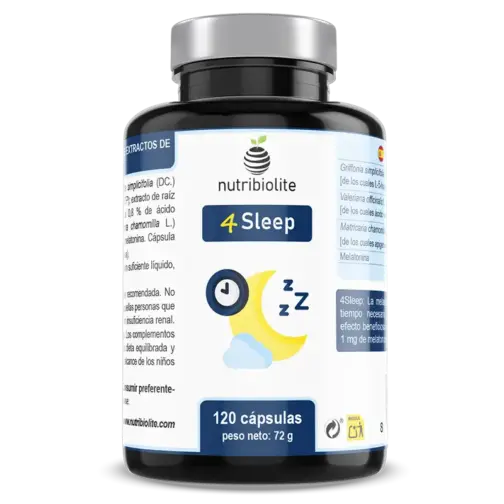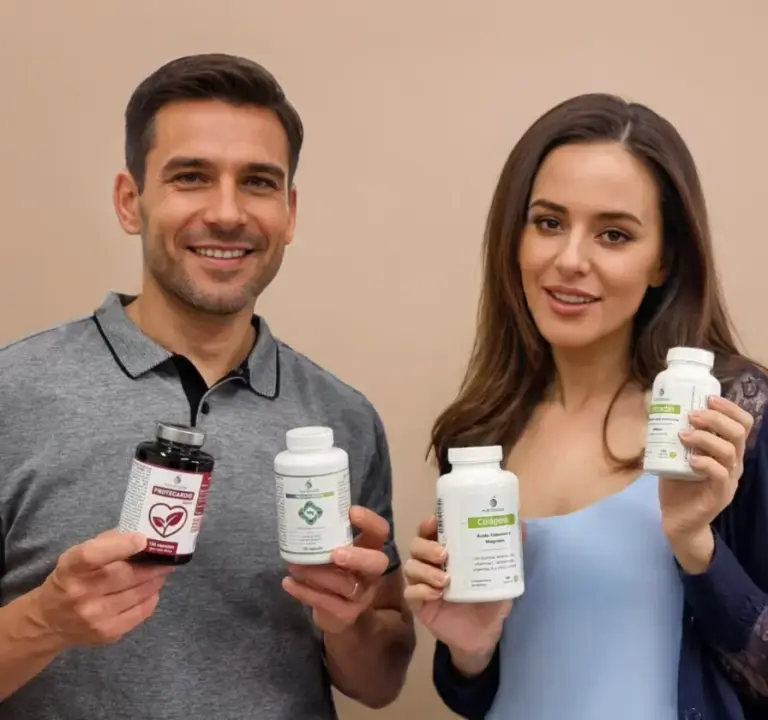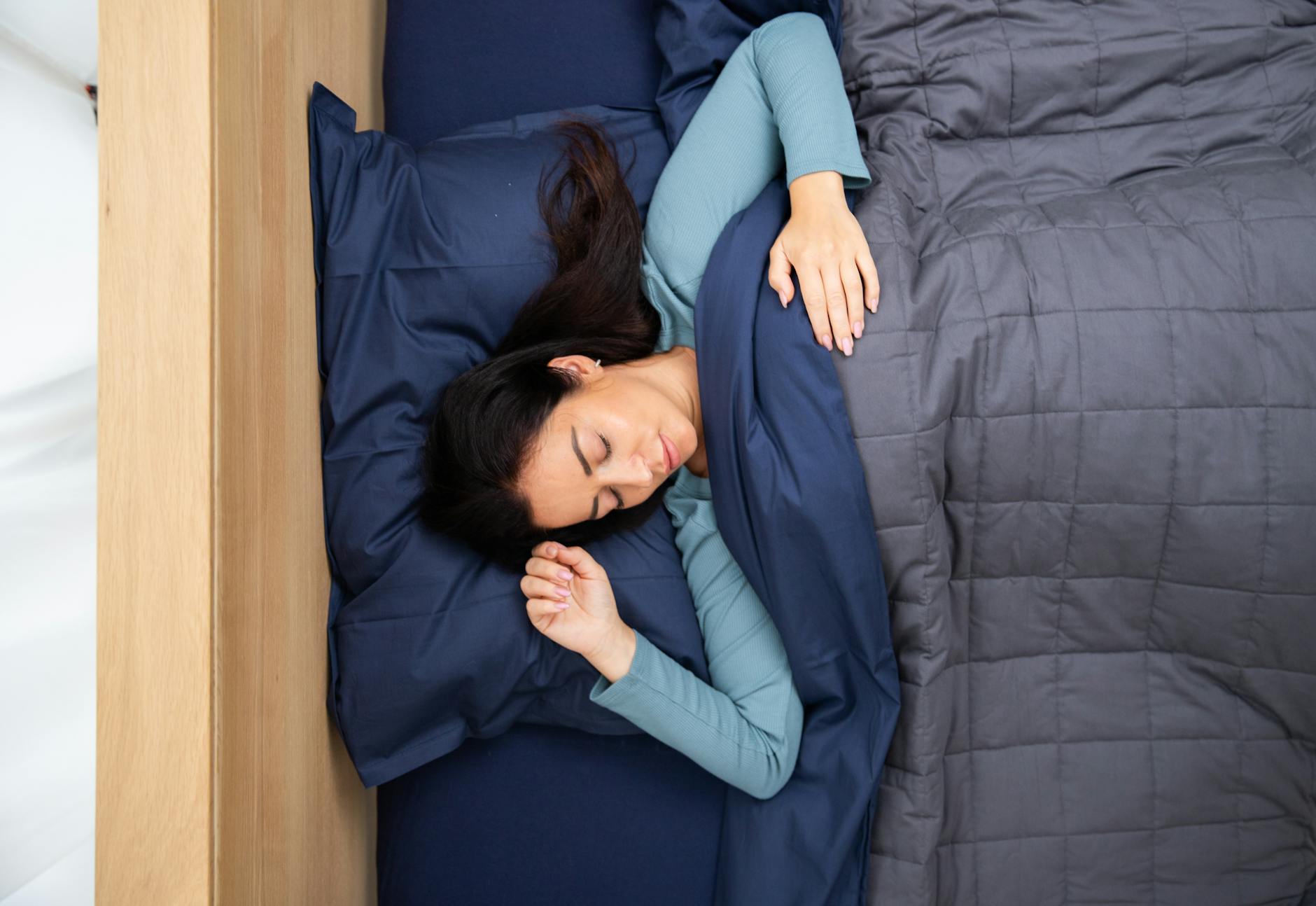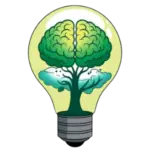Waking up refreshed is an art that is cultivated while we sleep. A study in Scientific Reports 2025, conducted in China with 55 people in a double-blind design, explored how gentle brain stimulation during the day can promote night-time sleep and rest. After 10 days of intervention, those who received real stimulation over the prefrontal cortex reported a significant improvement in their perceived quality of sleep and an objective reduction in time to fall asleep.
What does this mean for you? The study reveals that small adjustments in brain rhythm can facilitate more restful nights. Although the technique used – transcranial electrical stimulation – is experimental and not available outside clinical settings, its results reinforce the importance of taking care of natural sleep cycles. Feeling rested upon waking depends as much on what happens in the mind as it does on the daily habits that prepare the body for sleep.
Nurturing the natural cycle: the key to deep sleep
Sleep is not just an absence of activity; it is an active state where the brain resets connections and balances emotions. Research showed that stimulating brain areas associated with mental relaxation can reduce the time it takes to fall asleep in adults with chronic insomnia. Increased sleep efficiency, i.e. more minutes actually slept during the night, was also observed.
These effects suggest that supporting natural physiological mechanisms – such as slow brain waves or calming neurotransmitters – helps the body gently enter sleep mode. The authors note that these benefits were modest but relevant for those who struggle to sleep well, although they acknowledge limitations: small sample size, short-term effect and no long-term follow-up.
Simple rituals that prepare body and mind
It doesn’t take advanced technology to support your own internal clock. Science shows that regular bedtime routines, dim light in the evening and light suppers are powerful allies of sleep and rest. Avoiding bright screens, taking calming herbal teas or practising slow breathing send clear signals to the brain: “it’s time to let go”.
In addition, choosing foods rich in tryptophan – such as oatmeal or bananas – provides raw material for making serotonin and melatonin, key messengers in this natural process. The study reminds us that small actions repeated every night are capable of gradually synchronising our biological system with the rhythm of day and night.
Supporting rest from within: when nature encapsulates itself
Sometimes external factors make it difficult to maintain this internal harmony: work stress, travel or hormonal changes can alter our natural melatonin production after the age of 40. This is where the option of using gentle support aligned with our physiology comes in.
4Sleep accompanies us on this path while respecting our natural sleep pathways. Its formula combines pure melatonin (1 mg), a direct precursor to the onset of night-time rest; 5-HTP from Griffonia to reinforce endogenous serotonin production; standardised extracts of valerian and chamomile, traditional plants known for their relaxing effect without creating dependence or residual drowsiness.

Melatonin 1 mg and 5-HTP with relaxing plants to facilitate the onset of rest, as a complement to specific nocturnal habits. Responsible use.
You can boost your healthy routine every night
Taking care of your environment before bedtime reinforces physiological effects whether natural or supported by supplements such as 4Sleep. A capsule half an hour before bedtime – combined with a light dinner, less bright lights and silence – can help you reconnect with your own inner rhythms without forcing or disrupting essential processes.
Frequently asked questions about sleep and natural rest
How does melatonin really affect my sleep?
Melatonin marks the start of “sleep” mode in your brain when ambient light falls. Taking a low dose before bed supports that natural message if your levels have been lowered by age or stress.
What is the difference between taking tryptophan or 5-HTP?
Tryptophan is an indirect precursor whereas 5-HTP, present in Griffonia (as in 4Sleep), goes straight to serotonin and then melatonin, thus facilitating a stable cycle.
Is it safe to combine healthy habits with supplements such as 4Sleep?
Yes, as long as you maintain consistent routines (regular schedule, quiet environments) you can use supplements formulated according to safe doses to boost your physiology without relying on them alone.
How long does it take to notice a real change when taking melatonin?
A smoother transition to sleep is usually felt after several continuous days (two to four weeks), especially if accompanied by consistent night-time habits.
Can taking melatonin or relaxing extracts cause dependence?
No dependence or morning hangover has been demonstrated using low doses (such as those present in 4Sleep) combined with traditional plants such as standardised valerian or chamomile.
This content is informative and does not replace the advice of a healthcare professional.
















